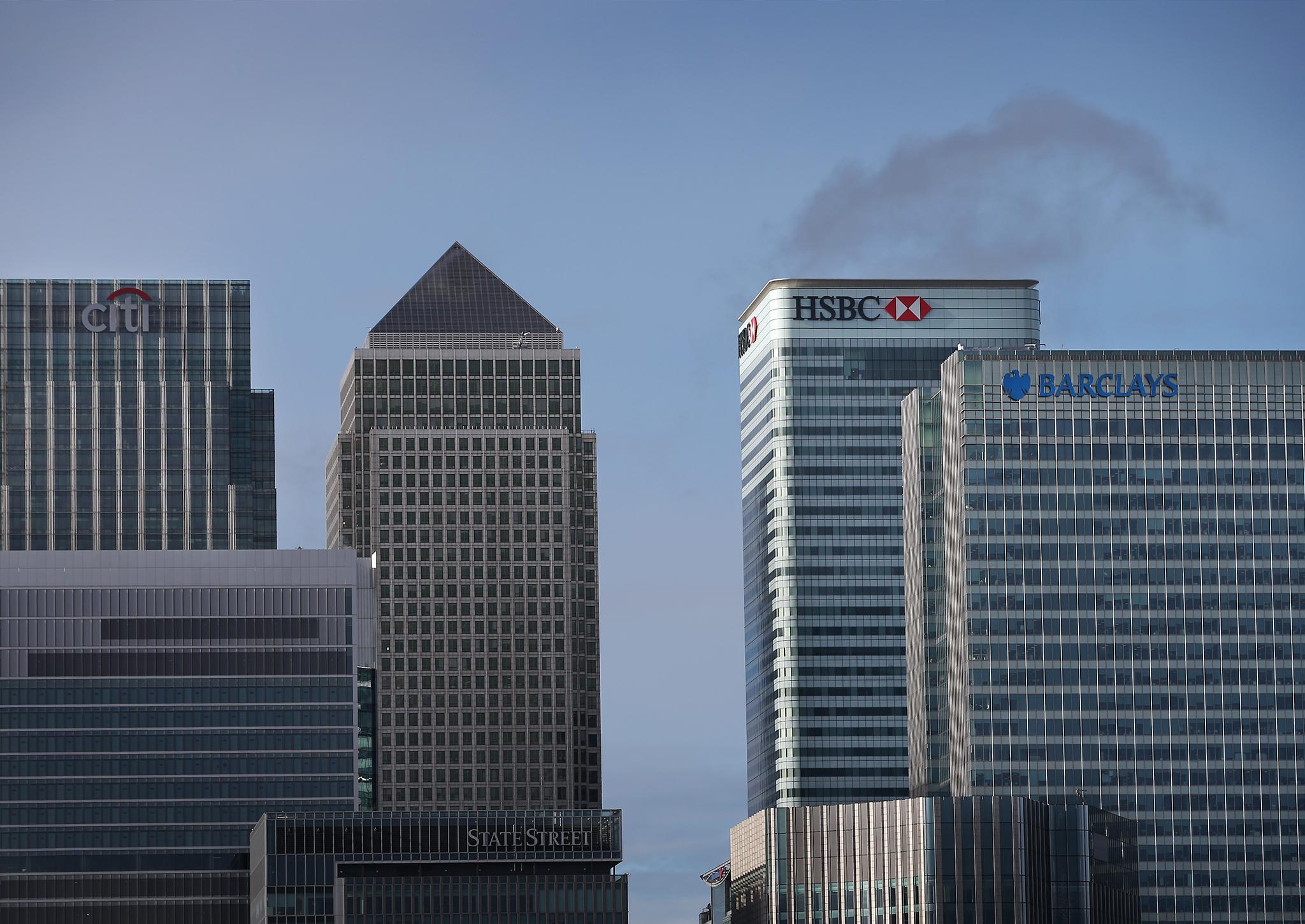Your support helps us to tell the story
From reproductive rights to climate change to Big Tech, The Independent is on the ground when the story is developing. Whether it's investigating the financials of Elon Musk's pro-Trump PAC or producing our latest documentary, 'The A Word', which shines a light on the American women fighting for reproductive rights, we know how important it is to parse out the facts from the messaging.
At such a critical moment in US history, we need reporters on the ground. Your donation allows us to keep sending journalists to speak to both sides of the story.
The Independent is trusted by Americans across the entire political spectrum. And unlike many other quality news outlets, we choose not to lock Americans out of our reporting and analysis with paywalls. We believe quality journalism should be available to everyone, paid for by those who can afford it.
Your support makes all the difference.Investors are moving billions of pounds in assets out of British currency and assets ahead of the European Union referendum, new figures suggest.
Around £65bn left the UK or was converted into other currencies in March and April, the largest amount since the economic crash.
In the six months to the end of April, £77bn was pulled out of British pounds, compared to just £2bn in the six months to the end of last October.
The figures, published by the Bank of England, are consistent with investors worrying that the pound is due for a sharp fall should Brexit to occur.
Because financial markets are prone to collective panic, investors’ views are the main factor in determining whether the pound will actually fall. Any perception that a fall was about to take place could end up becoming a self-fulfilling prophecy.
In February, HSBC warned that 20 per cent could be wiped off the value of sterling were Britain to leave the EU. In May this figure was corroborated by the National Institute for Economic and Social Research.
The pound plunged to a three-week low yesterday, probably partly in response to polls showing the Leave campaigning ahead.
It hit a seven-year low against the dollar the day after the former Mayor of London, Boris Johnson, announced he was backing Brexit, and also suffered the biggest one-day fall since David Cameron become Prime Minister.
The collapse of the pound at the end of June would mean Britons going abroad during the summer would have their spending power reduced. Imported goods such as electronics would also likely become significantly more expensive.
British exports and inward tourism would become cheaper to the rest of the world, however.
A series of leading economic organisations have warned that Brexit could have a highly negative impact on the British economy; they include the Institute for Fiscal Studies, the International Monetary Fund, the Organisation for Economic Co-operation and Development, and the Treasury.
The latest sign of capital flight comes as on the day of the voter registration deadline. Any people not registered to vote by the end of Tuesday will not be eligible to take part in the referendum.

Join our commenting forum
Join thought-provoking conversations, follow other Independent readers and see their replies
Comments